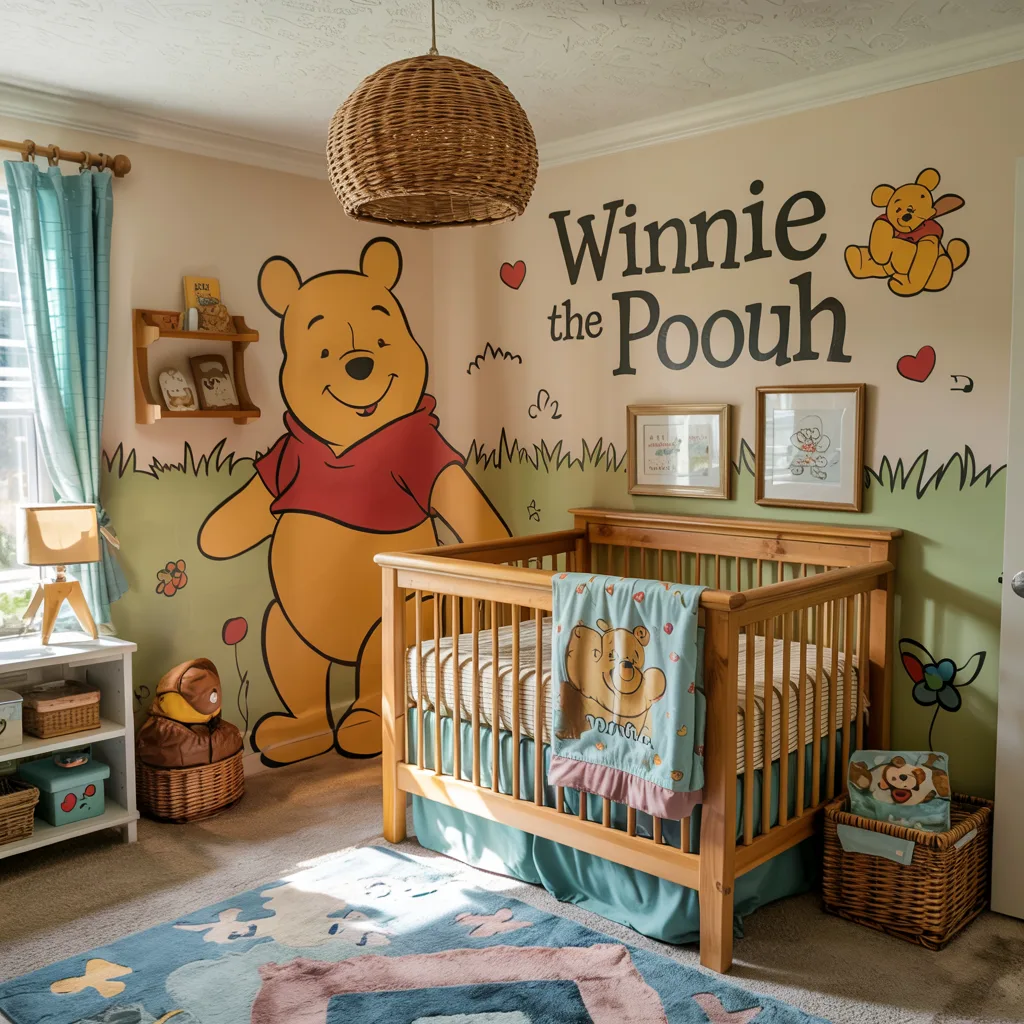If you’re a parent wondering, “Do babies sleep more when teething?” you’re not alone. Teething can be a tricky time for both babies and parents. Let’s dive into this topic and explore how teething affects your little one’s sleep habits.
Table of Contents
Quick Teething and Sleep Facts
- Teething Impact: Can disrupt sleep patterns
- Sleep Changes: Most babies sleep less, not more
- Common Age: 4-7 months, but varies
- Duration: A few days to several weeks per tooth
- Symptoms: Fussiness, drooling, chewing, slight fever
- Help Sleep: Consistent bedtime routine, comfort measures
Understanding Teething and Sleep

Teething is a natural process where your baby’s first teeth start to come through their gums. It usually begins around 4-7 months old, but can start earlier or later. During this time, many parents notice changes in their baby’s sleep patterns.
Best Sleeping Position for Baby with a Stuffy Nose
“Contrary to what some might think, most babies don’t sleep more when teething. In fact, they often sleep less and wake more frequently.”
Why Teething Affects Sleep
Teething can impact your baby’s sleep for several reasons:
- Discomfort: Sore gums can make it hard to settle
- Pain: Some babies experience more pain at night
- Increased drooling: Can lead to coughing or gagging
- Excitement: New sensations in the mouth can be distracting
How to Get Baby to Sleep in Bassinet A Complete Guide for Exhausted Parents
Common Teething Symptoms

Recognizing teething symptoms can help you understand why your baby’s sleep might be disrupted. Look out for:
Physical Signs:
- Red, swollen gums
- Excessive drooling
- Chewing on objects
- Slight increase in temperature
Behavioral Signs:
- Increased fussiness
- Changes in eating habits
- Pulling on ears
- Disturbed sleep patterns
Do Babies Really Sleep More When Teething?
The short answer is: usually not. Most babies actually sleep less when they’re teething. Here’s what typically happens:
- Shorter naps: Discomfort can make it hard to stay asleep
- More night wakings: Pain might wake your baby more often
- Trouble falling asleep: Sore gums can make it difficult to settle
- Early morning wakings: Some babies wake earlier than usual
However, every baby is different. Some might sleep more due to the extra energy their body uses to grow new teeth. But this is less common.
Helping Your Teething Baby Sleep Better

While you can’t stop teething, you can help your baby sleep better during this time. Try these tips:
- Stick to routines: Keep consistent bedtime and nap routines
- Comfort measures: Offer a teething ring or gentle gum massage
- Pain relief: Ask your doctor about safe pain relief options
- Extra cuddles: Provide extra comfort and reassurance
- Cool compress: A cool washcloth can soothe sore gums
For more detailed advice on managing teething pain, check out the NHS guide on helping teething babies.
When to Worry About Teething and Sleep
While some sleep disruption is normal during teething, excessive problems might indicate something else. Contact your pediatrician if:
- Your baby has a fever over 101°F (38.3°C)
- Sleep disturbances last for several weeks without improvement
- Your baby seems to be in severe pain
- You notice other concerning symptoms like rashes or diarrhea
The Teething Timeline
Understanding the teething timeline can help you prepare for potential sleep disruptions:
| Age Range | Teeth Appearing |
|---|---|
| 4-7 months | Bottom front teeth (central incisors) |
| 8-12 months | Top front teeth (central and lateral incisors) |
| 13-19 months | First molars and canine teeth |
| 23-33 months | Second molars |
Remember, this timeline is just a guide. Every baby is unique and may teeth at different times.
Maintaining Healthy Sleep Habits During Teething

Even during teething, it’s important to maintain good sleep habits. Here are some tips:
- Consistent bedtime: Stick to your usual bedtime as much as possible
- Calming routine: Use a soothing bedtime routine like a warm bath or gentle massage
- Comfortable environment: Keep the room dark, quiet, and at a comfortable temperature
- Avoid overtiredness: An overtired baby might have more trouble sleeping
- Respond quickly: Attend to your baby promptly if they wake up in pain
For more tips on establishing healthy sleep habits, visit the Sleep Foundation’s baby sleep guide.
FAQs About Babies, Teething, and Sleep
Q: Can teething cause fever?
A: Teething might cause a slight increase in temperature, but not a high fever. If your baby has a temperature over 101°F (38.3°C), contact your doctor.
Q: How long does teething discomfort last?
A: Typically, discomfort lasts for a few days before and after a tooth emerges. However, some babies might experience discomfort for longer periods.
Q: Is it safe to use teething gels?
A: Some teething gels are safe, but always check with your pediatrician first. Many experts recommend avoiding gels with benzocaine due to rare but serious side effects.
Q: Can I give my baby pain relief medication for teething?
A: Always consult your pediatrician before giving any medication. They might recommend infant acetaminophen or ibuprofen for severe discomfort.
Conclusion: Patience and Understanding
While babies typically don’t sleep more when teething, understanding the process can help you navigate this challenging time. Remember, teething is temporary, and your baby’s sleep patterns will likely return to normal once the tooth has come through.
Be patient with your baby and yourself. Offer comfort, maintain consistent routines, and don’t hesitate to seek help if you’re concerned. With time and care, both you and your baby will make it through the teething phase, emerging with beautiful new smiles and, hopefully, better sleep!
For more information on baby sleep and development, check out the Zero to Three guide on healthy sleep habits.











